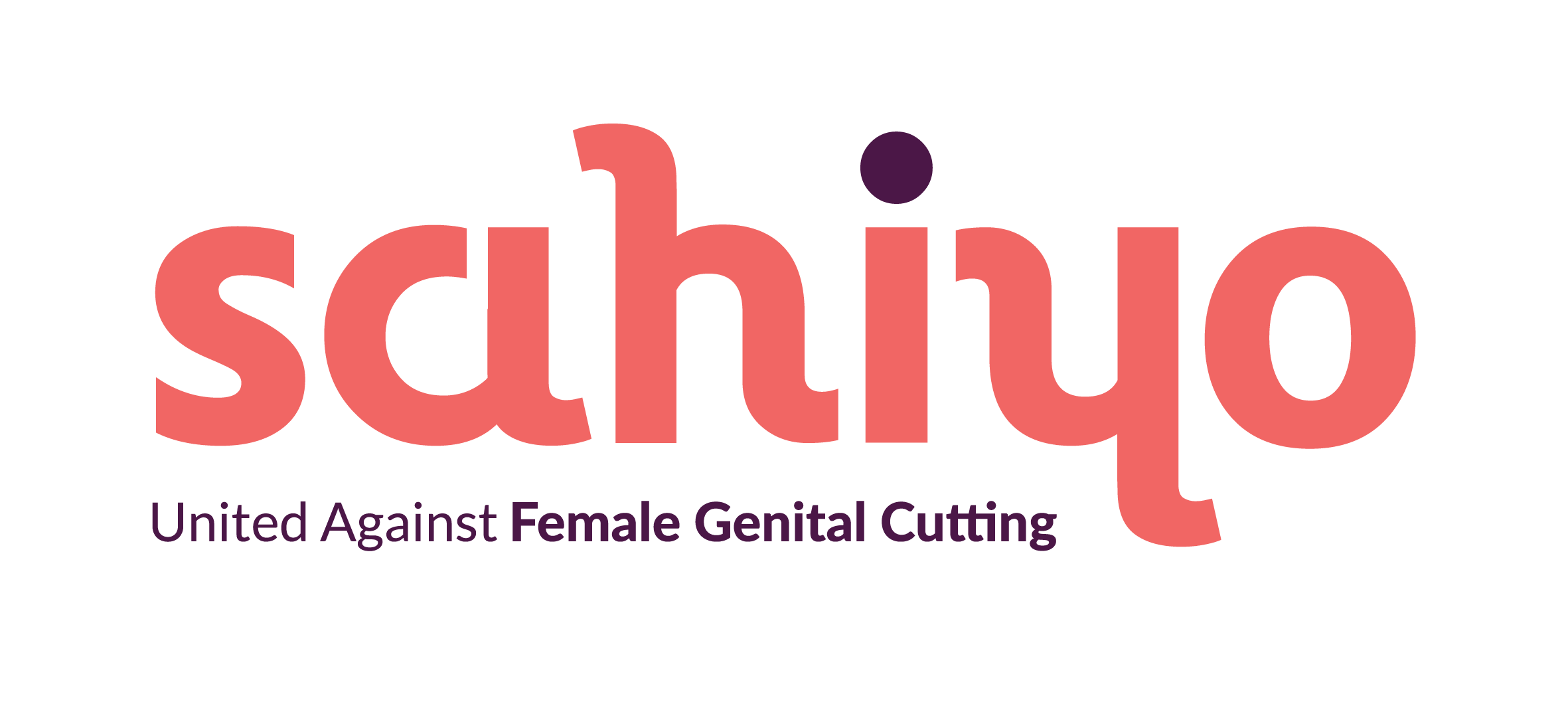- Just in case you are wondering how the page on the resolutions banning FGC (Khatna) in Australia, United Kingdom and United States vanished from our website – read on
Since 2015, Sahiyo has been operating a website to inform the public about female genital cutting (FGC) or khatna occurring amongst Dawoodi Bohra communities in India and many other countries around the globe. Our website was created with the intention to have it act as educational tool regarding the traumatic and harmful consequences of performing FGC. We also understood the importance of storytelling in engaging in social change, and allowed our blog to be a healing platform in which others can voice their own experiences of from FGC. There is strength in numbers, and we were dedicated to empowering others to be agents of social change.
The website was also a resource where the general community could come to find out the latest news regarding FGC in the Bohra community, including country legislation banning FGC, human rights doctrines condemning FGC, research studies speaking on the harmful effects of FGC,interventions used to stop FGC, as well as media reports regarding the practice of FGC in various parts of the world.
On February 8th, 2016, the Anjuman-e-Burhani Trust of Sydney released a notice to all members of the Dawoodi Bohra community in their jurisdiction to honor the laws of the land in which they reside and, accordingly, instructed them to refrain from carrying out the practice of ‘khafd’ or ‘khanta’ on their daughters. To see more, click here. Soon after, many additional Dawoodi Bohra jamaats in different cities around the world began issuing letters to their members, asking them to stop practicing FGC because it was against the law in those countries.
Receiving these resolutions seemed like a tremendous victory, and showed that religious leaders were finally acknowledging that FGC was a harmful practice. To support the religious leaders and show the positive steps being taken by the community, Sahiyo made a page on our website to share all of the public resolutions that we were receiving from various Dawoodi Bohra jammats (congregations) throughout the world.
However, in March 2016, Sahiyo received a cease and desist letter, a threat to serve legal notice to WordPress (under which www.sahiyo.com is registered) and to sue all the five co-founders individually under the breach of Digital Millennium Copyright Act (DMCA) for publishing resolution by the Anjuman-e-Burhani Trust of Sydney on banning Khatna in Australia, the letter stated that it was a copyright infringement on Sahiyo’s part to publish this resolution on our website www.sahiyo.com.
Even though the letters did not refute Sahiyo and it’s co-founders’ right to free speech, specifically mentioning that we may go ahead and summarise the contents of the resolution, it clearly stated that we must take the letter down as it was an infringement of copyright protected by the DMCA:
“The Letter is an original work, copyright in which subsists and belongs to the Trust and the contents of which are non-trivial.”
The DMCA has been notoriously famous for being used against blogger rights and restricting their content. Many respectable organizations of international repute have fought the threat to serve DMCA or the DMCA notice in their own capacity. (Read about one such case OPG VS Diebold won by Electronic Frontier Foundation safeguarding blogger’s interest) .
Receiving the letter was of course concerning for us, as we were only sharing what materials had been shared with us and continues to be shared through social media channels both in private (Whatsapp groups and e-mail) and public (Facebook, Twitter). What was more concerning was the question regarding why the religious authorities issuing these resolution letters would be concerned with sharing the good progress in ending FGC publicly?
Unfortunately in April 2016, we received our informal answer. Sadly, the comments by Syedna Mufaddal Saifuddin in his most recent wa’az (sermon) in Mumbai showed that perhaps the issuing of such letters was not made in the most sincere of efforts to end FGC. The Syenda’s pro-khatna remarks indicated that the public resolutions letters were applicable to the diaspora Dawoodi Bohras in Australia, United Kingdom, and United States, only on paper. Read more here. With Sahiyo receiving the Cease and Desist Notice, an attempt to re-silence the practice of khatna had been made.
While our content is what could be termed as within terms of Fair Use Policy, meant for non-commercial, educational purposes only; circumventing any legal exchange any further, we took the page consisting of the letters down. Perhaps, it was indeed something that we couldn’t legally publish on our website. Perhaps, Sahiyo had a window through WordPress’s fair use policy. The matter was not such to press further as the all pervasive social media had already guaranteed outreach of the resolutions.
By shedding light on what our tiny/fledgling organization has faced, we hope to bring up other questions as well. Is this a copyright infringement or an example of limiting blogger rights? Why is it okay to have these letters widely published on the social media and not okay to have them consolidated on our website? This may be a legal conundrum that Sahiyo has accidentally stumbled into, but it is an important question for all of us to learn from.

